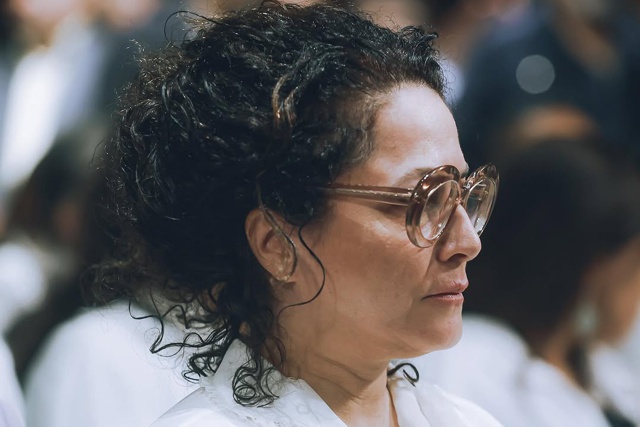Nasser Taghvai (also spelled Taghvayi or Taghvaii) was one most respected and enduring filmmakers — a pioneer whose artistic honesty, regional focus, and literary intelligence defined an era. Over a six-decade career, Taghvai built a legacy of films that explored human dignity, isolation, and resistance in the face of social constraints. His cinema was deeply, yet universal in emotion and moral inquiry. Born on 13 July 1941 in Abadan, in the oil-rich southwest of Iran, Taghvai grew up amid the industrial landscapes of refineries, ports, and the Persian Gulf.
The mix of working-class hardship, maritime culture, and ethnic diversity in this region became a permanent part of his artistic DNA. After finishing high school in Abadan, Taghvai moved to Tehran to study Persian literature at the University of Tehran, where he developed a passion for narrative forms and classical storytelling. He was especially drawn to modern prose, folklore, and world literature — influences that later shaped his scriptwriting and adaptations.


